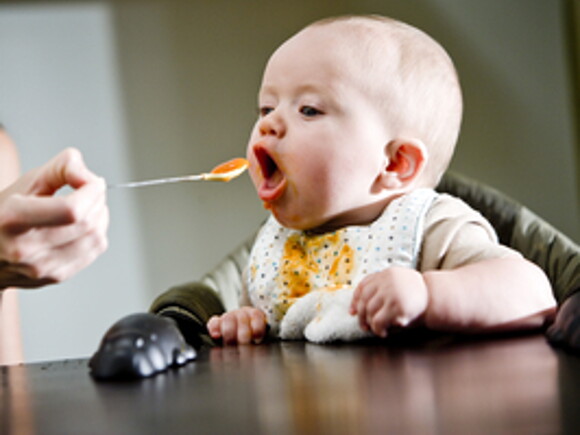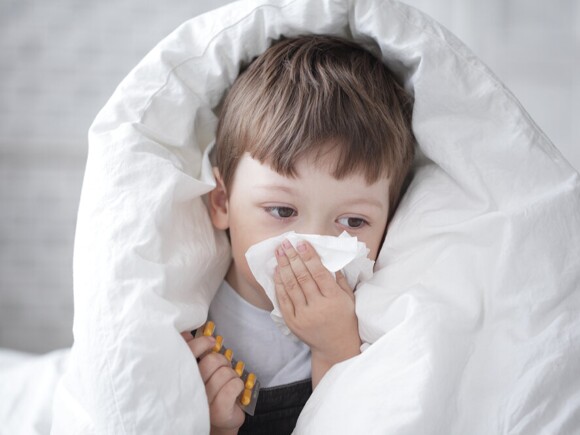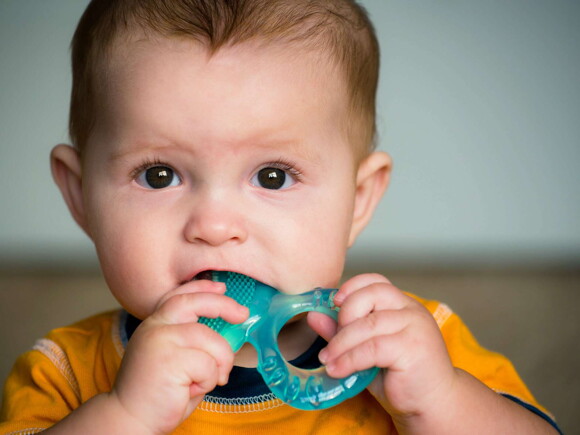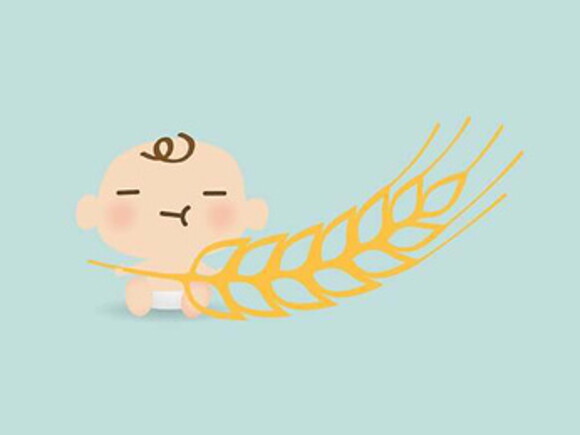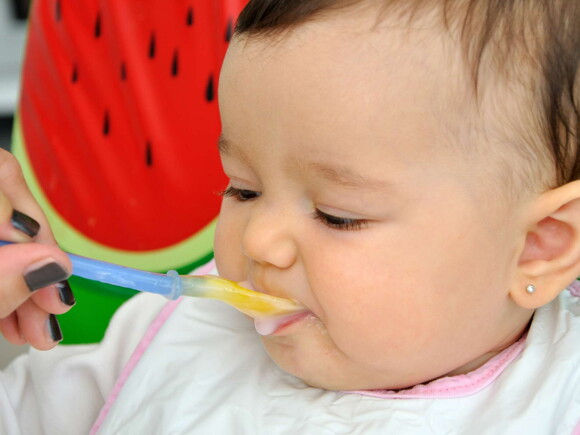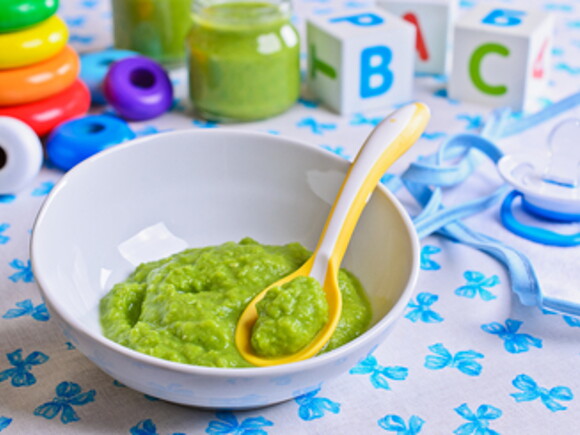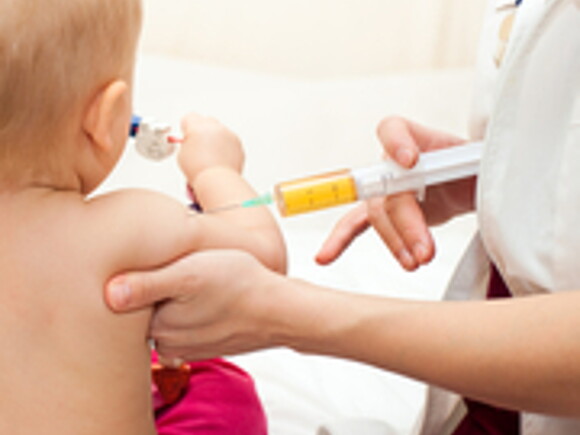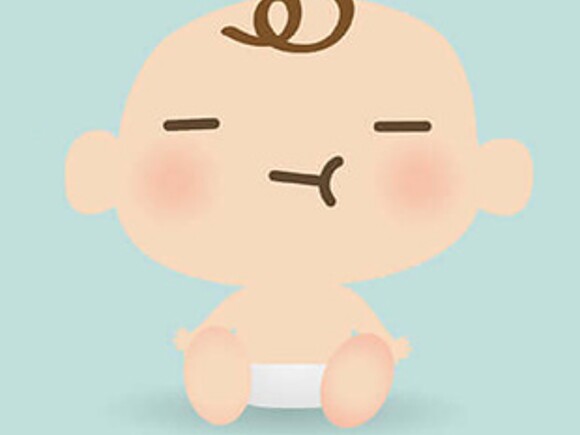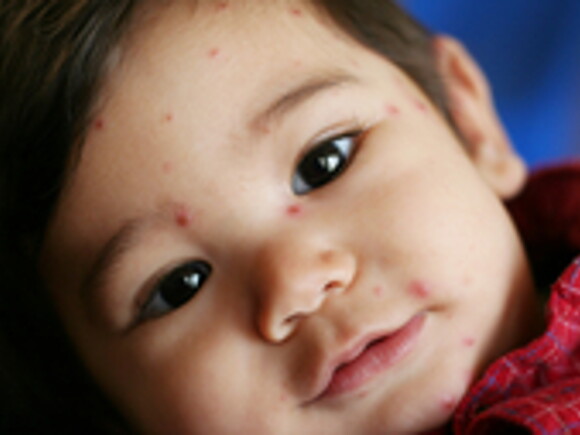Defining food allergy: Food allergy is the body’s response or reaction or way to fight back and resist certain types of protein found in food. Usually, an allergy reaction appears very soon after the consumption of any kind of food called food allergen. Its symptoms can range in severity between mild and profound. And because they are quite similar to signs of other illnesses, we advise you to read on this article and get to know the differences so you would be able to help your child if he gets allergic.
In general, food allergy in babies and children has a wide variety of symptoms, some of them are related to skin and heart muscles, some others are related to respiratory and digestive systems, like: itching, boils, eczema, face or extremity redness and swelling, lip or tongue or mouth swelling, abdomen pains, nausea, vomiting or diarrhea, sneezing, coughing, shortness of breath, wheezing, dizziness or fainting.
Whenever the allergy affects more than one of the functions mentioned above, it becomes a severe response and a life-threatening danger. In that case, allergy is known as Anaphylaxis that requires an immediate medical intervention.
It is to be noted that food allergy is completely different from food-borne illnesses like food poisoning, skin rash and diarrhea. It is also different from congenital intolerances towards particular types of food or hypersensitivities to some dietary ingredients added to food, such as food coloring and preservatives.
According to some resources, allergy conditions are very common among children coming from families with a long history of asthma, eczema, Scarlet fever and food allergy. If your child belongs to this category, we advise you to breastfeed him for at least the first year (exclusive breastfeeding for 6 months and breastfeeding with complementary foods for at least 12 months). And when it’s time for him to enter the world of solid foods, we ask you to be patient with him.
Try to introduce allergenic foods to your bundle of joy one at a time. Make sure you observe him closely to see if he experiences an adverse reaction towards any of them. Here are some examples of allergenic foods: cow milk, eggs, wheat, soya, peanuts, nuts (like walnuts, pistachios), seeds (like sesame), fish (like tuna and salmon) and mollusks (like oysters and shrimps).
Fortunately, most children with allergy to milk or eggs or soya or wheat, outgrow their health issue without medication, while 75% of children allergic to nuts, peanuts, seeds and seafood, continue to struggle with their condition as adults.
If you’re wondering about ways and measures to prevent your baby from getting food allergy, well, and as confirmed by many medical research, there are no clear guidelines in this concern, but it would be a plus if you can follow these beneficial tips:
- Breastfeed your baby exclusively until he’s 6 months old.
- Keep on breastfeeding your baby while you introduce him to solid food.
- Abstain from smoking while breastfeeding.
- Keep your baby away from all form of smoking.
But if you suspect your baby has food allergy, it’s better to take him to the doctor who will ask about your family medical history, your child’s symptoms, when they first appear and how often do they recur, as well as he will carry out some tests and examinations.
Once the diagnosis is confirmed, you will be asked to do your best to keep your child away from the food that irritate him and cause him allergy, since there are no effective medications for allergy conditions and treatment is limited to dealing with signs and symptoms resulting from same:
- Read the nutrition labels on food packages and check whether they contain or not the substance that irritate your child.
- Be careful when you eat with your child in restaurants. Always check the ingredients of the dishes that you choose for him.
- Inform your family members and school or nursery personnel about your child’s condition.
- Follow the doctor’s instructions and keep your child’s medications at hand if his condition is severe and requires such a precaution.
And above all, don’t let food allergy affect your child’s life in a negative way. Help him cope with his condition and use it as a stimulus to maintain a healthy living style and make healthy nutritional choices!
Read More: Allergic March In Children
Get full access to expert-backed nutrition support
My feed
Curated content based on your preferences
Feeding guidance
Learn about various feeding options and what each means for you and your baby
Tailored Practical Tools
Try our tailored practical tools to guide you through the parenting journey.
My First 1000 Days club
Customised notifications, reminders and newsletters
Still haven't found what you are looking for?
Try our new smart question engine. We'll always have something for you.


